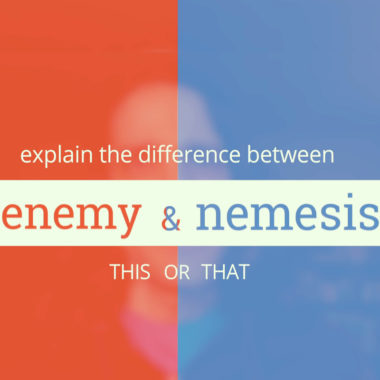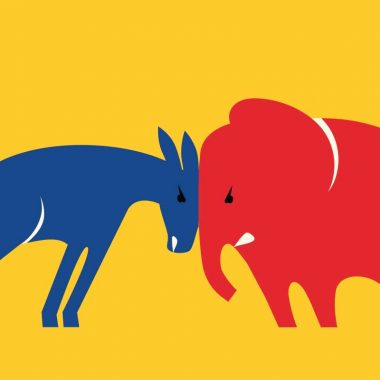“Asymptomatic” vs. “Asymptotic” vs. “Asystematic”: Is There A Difference?
by John Kelly, Senior Research Editor at Dictionary.com Words that are hard to spell, sound alike, aren’t commonly used everyday, and have very technical meanings? They’re confusing! And the trio asymptomatic, asymptotic, and asystematic? Well, they make for a perfect storm of confusion. Let’s break down these words, all the way down to their nuts and bolts. Now, don’t be too daunted by all the …











